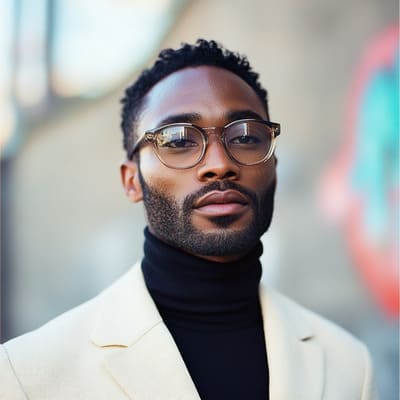Fashion Films That Changed Industry Perspectives
When it comes to fashion, there is no denying that the industry is constantly evolving. From new trends to innovative designs, fashion has always been about pushing boundaries and challenging societal norms. However, there is one aspect of the fashion industry that often goes unnoticed – fashion films. These short films are not just about showcasing clothing and accessories, but they also serve as a powerful medium to change perspectives and challenge the status quo. In this article, we take a closer look at some of the fashion films that have changed industry perspectives.
Breaking Gender Stereotypes
One of the biggest challenges that the fashion industry has faced is the perpetuation of gender stereotypes. However, there have been a few fashion films that have broken these stereotypes and challenged society’s expectations. Take, for instance, Gucci’s 2017 film “Bloom”. Directed by award-winning artist and filmmaker Floria Sigismondi, the film features Harry Styles dressed in traditionally feminine clothing, pushing the boundaries of gender norms. This powerful portrayal of fluidity and self-expression sparked conversations about gender roles and stereotypes in the fashion industry.
Empowering Women
Fashion films have also played a significant role in empowering women and breaking the notion of a “perfect” body image. In 2013, Dove released their iconic film “Real Beauty Sketches”. The film featured a forensic artist drawing women as they described themselves and then as others described them. The stark difference between the two sketches opened up a conversation about self-esteem and societal pressures on women to conform to a certain body image. This film not only challenged the industry to celebrate diversity but also encouraged women to embrace their natural beauty.
Addressing Social Issues
Fashion films have also been used as a platform to address important social issues. In 2019, luxury fashion brand Burberry released ‘What Is Love?’, a powerful short film tackling the issue of LGBTQ+ inclusivity. The film features a diverse cast of models and individuals from the LGBTQ+ community, highlighting the importance of acceptance and love. This film sparked conversations about the lack of representation and inclusivity in the fashion industry, encouraging other brands to follow suit.
Redefining Beauty Standards
Another area where fashion films have made a significant impact is in redefining age-old beauty standards. In 2016, French luxury fashion brand Céline released their film “Beyond Time”. Directed by legendary filmmaker Bruce Weber, the film features a diverse cast of models and individuals of all ages, challenging the industry’s obsession with youthful perfection. This film sparked a much-needed conversation about celebrating beauty at every age, and not conforming to societal expectations of what is considered “beautiful”.
Encouraging Sustainability
In recent years, sustainability has become a hot topic in the fashion industry. And fashion films have been instrumental in encouraging the adoption of more sustainable practices. Take, for instance, Stella McCartney’s 2020 film “The Power of One”. Directed by Academy Award-winning filmmaker Jane Campion, the film features actress Amber Valletta highlighting the brand’s commitment to sustainability and the impact of individual choices on the environment. This film not only raised awareness about sustainable fashion but also inspired other brands to prioritize sustainability in their production processes.
Conclusion
Fashion films have become much more than just a marketing tool for clothing and accessories. They have become a powerful medium to change industry perspectives, challenge societal norms, and address important issues. These films have sparked conversations, inspired change, and encouraged the fashion industry to be more inclusive, diverse, and responsible. As fashion continues to evolve, we can only hope that more fashion films will continue to pave the way for a more progressive and inclusive industry.









